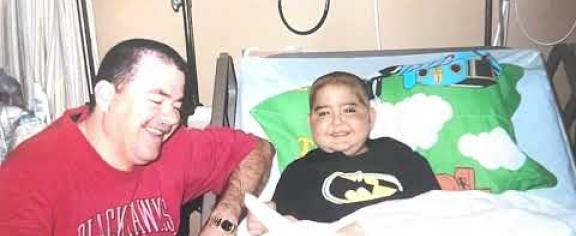2024-05-14
Family tragedy changed Hong Yeo’s life, with his new direction leading to a new potentially lifesaving medical device.
2023-11-29
The National Institute of Health (NIH) has awarded Yunan Luo a grant for more than $1.8 million to use artificial intelligence (AI) to advance protein research.
2024-05-06
Cardiologists and surgeons could soon have a new mobile augmented reality (AR) tool to improve collaboration in surgical planning.
2024-05-09
Biomedical engineer Annabelle Singer has spent the past decade developing a noninvasive therapy for Alzheimer’s disease that also could benefit patients with a host of other neurological disorders, from epilepsy to multiple sclerosis.
2024-05-02
Exercise is good for you. To understand why, MoTrPAC scientists are creating a whole-body map of molecular responses to endurance training — finding striking “all tissue effects” in a new set of studies, featured on the May cover of the journal Nature.
2024-05-02
The new interdisciplinary Ph.D. in Neuroscience and Neurotechnology is expected to enroll its first graduate students in Fall 2025. Sciences will also offer a new Minor in Neuroscience, beginning Fall 2024.
2024-05-02
First phase of innovation district promises to encourage medical advances, drive economic growth, and inspire future generations
2024-04-30
Andrew Rogers was given a week to live at 3 years old. Now cancer-free, he wants to make sure no child with cancer goes through it alone.
2024-04-26
From K.I.D.S Club to the Commencement stage, Courtney Curtis prepares for the final step of her Georgia Tech journey.
2024-04-25
Trammell Crow Company delivers first phase of Georgia Tech district devoted to advancing sciences that improve the human condition







